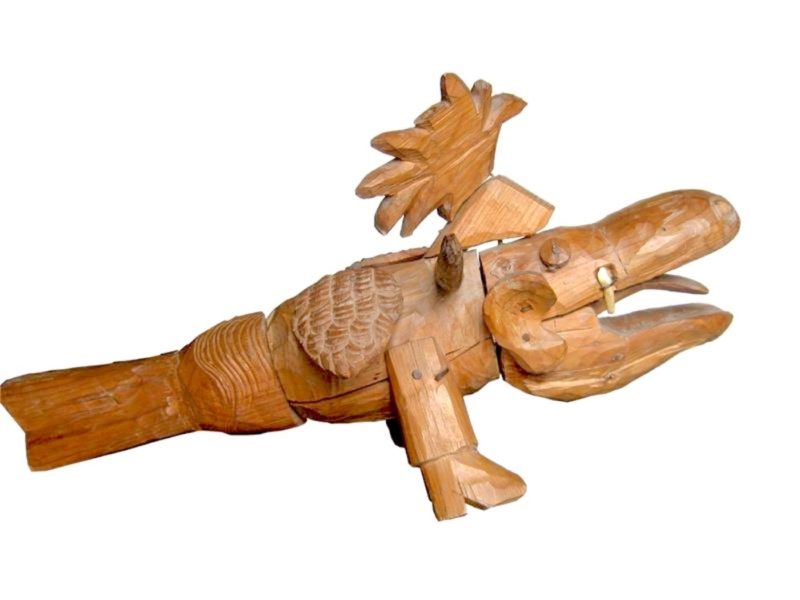
La Déconniatrie
Art, exile and psychiatry around François Tosquelles
This unprecedented exhibition reveals a little-known story that made a special contribution to twentieth-century psychiatry, lending it new connections to art brut and modern art. As its starting point, it takes the life of Catalan psychiatrist François Tosquelles (1912–1994). It traces paths of exile, both of the Spanish Retirada and the Second World War, describing the role this doctor played among the patients in the Saint-Alban-sur-Limagnole psychiatric hospital, Lozère, and thus paying homage to his artistic and intellectual legacy, which is still strong today. Les Abattoirs is hosting the first stage of this international project, bringing together more than 100 artworks, including modern art created by the hospital patients as well as never-before-seen films, books, archives, photographs, and a section devoted to contemporary art.
It traces paths of exile, both of the Spanish Retirada and the Second World War, describing the role this doctor played among the patients in the Saint-Alban-sur-Limagnole psychiatric hospital, Lozère, and thus paying homage to his artistic and intellectual legacy, which is still strong today. Les Abattoirs is hosting the first stage of this international project, bringing together more than 100 artworks, including modern art created by the hospital patients as well as never-before-seen films, books, archives, photographs, and a section devoted to contemporary art.
“What is specific to psychoanalysis is that it must be invented. The individual can recall nothing. So he is given permission to déconner [joke around/act the fool]. We say to him: “Go on, son, joke around, act the fool! That is known as association. Here, no one judges you, you can joke around as much as you like. I call psychiatry ‘déconniatrie’. But while the patient is acting the fool, what do I do? In the silence or by intervening – but mostly in the silence – I, too, act the fool.”
(François Tosquelles, in François Tosquelles. Une politique de la folie, directed by François Pain, Danièle Sivadon and Jean-Claude Polack, 1989)
This exhibition follows the life and work of the incredible doctor François Tosquelles, who, along with 500,000 Spanish refugees, fled the Francoist victory after three years of war. After spending time in the Septfonds internment camp, he moved to Saint-Alban-sur-Limagnole during the Occupation. In the hospital where he worked, he developed new methods of treatment based on the group and on artistic work and creation by patients whose artworks would later be collected by Jean Dubuffet as art brut. During this period, the hospital of François Tosquelles and Lucien Bonnafé received (often surrealist) exiled artists and writers; Nusch, Paul Éluard, and Tristan Tzara, for example, were struck by the place and its inhabitants. After the war, the foundation of a disalienating psychiatry, known as community psychiatry (psychiatrie de secteur), began to be laid through group activities such as cinema, clubs and magazines, including the famous in-house journal Trait d’union. Avant-garde psychiatrists worked at the hospital, such as Frantz Fanon, the West Indian writer and philosopher on decolonisation. Women also played a major role in this innovative and collective experiment (Agnès Masson, Marguerite Sirvins, etc.).
Taking the life of François Tosquelles as the guiding thread, the exhibition questions the relationships between art, exile and psychiatry, and the idea of creation within the context of exclusion, confinement or hospitalisation. It combines a history of modern art with a history of art brut and contemporary art, as well as that of psychiatry and decolonisation.
Through the exhibition La Déconniatrie: The Art, Exile and Psychiatry around François Tosquelles, Les Abattoirs is demonstrating its commitment to different forms of exile and the “other”, often seen as undesirable, foreign, ill, or unfit to participate in society. With this exhibition, Les Abattoirs is continuing its long-running research into creation in exile (Picasso and the Exodus: A Spanish History of Art in Resistance; I’m a Native Foreigner), postcolonialism, and the status of an artwork, in keeping with the study and installation of the Daniel Cordier collection. The cultural contribution of exiled Spanish and the history of regional and rural art are at the basis of this new project bringing together four institutions from three countries. In 2022 it will tour to the Centre de Cultura Contemporània in Barcelona and the Museo Nacional Centro de Arte Reina Sofía in Madrid, and in 2023 to the American Folk Art Museum in New York.
Artists and authors exhibited:
Karel Appel, Benjamin Arneval, Antonin Artaud, Paul Balvet, Raphaël Barontini, Georges Bataille, Roger Bernat, Albert Belloc, Jeanne Bonnafé, Lucien Bonnafé, Mohamed Bourouissa, Brassaï, Georges Canguilhem, Giuseppe Capone, Georgette Chadourne, Jean Combier, Auguste Chauvin, Frédéric Delanglade, Fernand Deligny, Eugène Deslaw, Jean Dubuffet, Maxime Dubuisson, Éric Duvivier, Paul Éluard, Frantz Fanon, Jean Fautrier, Gaston Ferdière, Celestino Ferrando Marti, Auguste Forestier, Michel Foucault, Galo, Joséphine Guattari, Aimable Jayet, Allan King, Yayoi Kusama, Maurizio Lazzarato, Léon Marguerit, Agnes Martin, Agnès Masson, Jacques Matarasso, Angela Melitopoulos, Jean-Baptiste Metge, Henri Michaux, Myriam Mihindou, Margaret Miller, Joan Miró, Roméo Mivekannin, François Pain, Alejandro Parriego, Jean Paulhan, Perejaume, Josep Ponti Musté, Hans Prinzhorn, Marcel Réja, Alejandra Riera, José Roa, Mario Ruspoli, Enrique Sales, Salvadore Sales, Francisco Saura, Léon Schwarz-Abrys, Marguerite Sirvins, Nancy Spero, François Tosquelles, Hélène Tosquelles, Tristan Tzara, Romain Vigouroux, Gérard Vulliamy...
Curators:
Carles Guerra, professor at the Universitat Pompeu Fabra and independent curator
Joana Masó, professor of French literature at the University of Barcelona, researcher, and member of the UNESCO Chair in Women, Development and Cultures
Julien Michel, curatorial attaché
Annabelle Ténèze, head curator and director of Les Abattoirs
Partners:
Centre de Cultura Contemporània de Barcelona, Barcelona
Museo Nacional Centro de Arte Reina Sofía, Madrid
American Folk Art Museum, New York
The exhibition "La Déconniatrie" is recognised as being of national interest by the Ministry of Culture / Regional Directorate of Cultural Affairs.
As such, it receives exceptional financial support from the State.
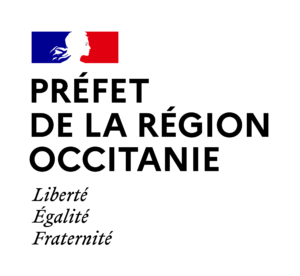
Itinerant in 2022 with our partners at the Centre de Cultura Contemporània in Barcelona and the Museo Nacional Centro de Arte Reina Sofía in Madrid; in 2023 at the American Folk Art Museum in New York.
![]()
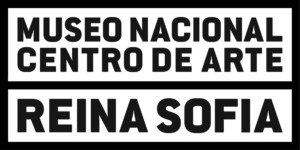
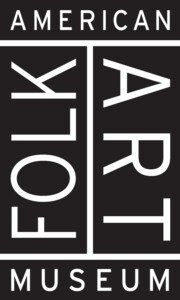
The catalogue, co-published with Arcàdia, and the research are supported by the Fundació Privada Mir-Puig and the Fondation Antoine de Galbert.
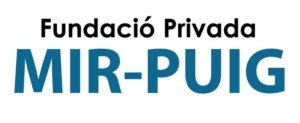

This exhibition is supported by ACCIÓN CULTURAL ESPAÑOLA, AC/E and the Institut Ramon Llull
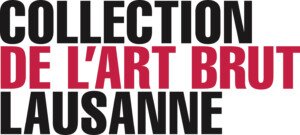
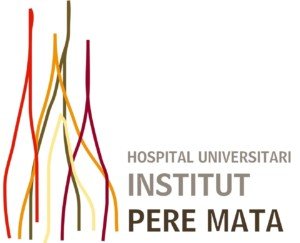

With contributions from :

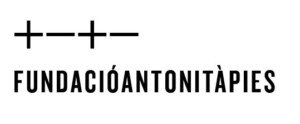
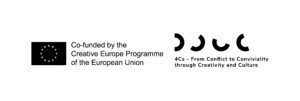
![]()
